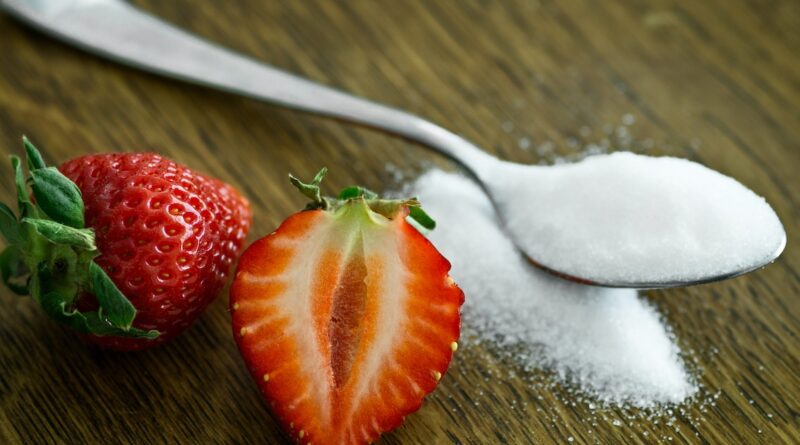The effects of sugar on the brain you need to know
Have you ingested any amount of sugar today? Whether natural or industrialized, this ingredient is part of many of the foods we know. Faced with this reality, let’s talk about the effects of sugar on the brain .
An unbalanced diet can have serious consequences on an individual’s health. The exaggerated consumption of some foods is the reason for the growing search for medical treatments.
Sugar causes concern when talking about living a long and healthy life, considering the fact that people don’t care about consuming it properly.
That said, the brain is one of the organs affected by the unregulated intake of this food. And in today’s content you will learn about the effects of sugar on the brain , in addition to finding 5 ways to avoid consumption.
Shall we check?
What are the effects of sugar on the brain?
Sugar is present in most foods, either naturally or industrially, such as stuffed biscuits and soft drinks.
As with any type of food, the main danger lies in the excessive consumption of sugar, which compromises the proper functioning of the organism and, consequently, the brain .
According to WHO – World Health Organization – daily consumption of sugar should not exceed 5% of the energy value needed per day, that is, 25 grams equivalent to 6 tablespoons.
To get an idea of this amount, a can of soda has up to 40 grams of sugar, which would be the same as 10 teaspoons. An amount far above the recommended amount for a whole day.
The main source of sugar present in the Pakis diet comes from industrialized products, and for this reason so much attention is drawn to their consumption.
Just as this ingredient is harmful to the health of the human body in general, the effects of sugar on the brain have been studied diligently .
Effects of sugar on the brain
In this way, we have listed below some of the harmful effects of sugar on the brain. Look:
depression and anxiety
Blood sugar spikes caused by overconsumption are responsible for symptoms such as mood swings, irritability, mental confusion and fatigue.
After consuming a food or drink abundant in sugar, you have a high level of sugar in the body followed by a sudden drop. This is the point at which the individual begins to feel depressed and anxious.
Mood changes
Studies prove that the consumption of foods rich in sugar and carbohydrates have a negative influence on the neurotransmitters that help keep the mood stable.
The release of serotonin, the hormone responsible for mood, is related to moderate sugar consumption. However, excessive intake can deplete the functioning of neurotransmitters, causing the symptoms of depression.
Impairs memory and learning
A study carried out by UCLA , analyzed that the rats that consumed more sugar during the period of analysis, had damage in the synapses of the brain, that is, the communication between the brain cells was harmed.
The exaggerated consumption of sugar caused the rats to develop the so-called “insulin resistance”, a pathology that causes the blood sugar level to be out of control, as well as the functions of the brain cells.
Given this, there is a negative impact on memory and retention of new knowledge.
5 ways to avoid effects of sugar on the brain
It is known that sugar can cause damage to both the brain and the human body as a whole.
Based on that, see 5 ways to avoid consuming this element and reduce the effects of sugar on the brain.
Tip 1) Understand what you are consuming
Sugar has other names and may also be known as sucrose, glucose, corn syrup, maple syrup, molasses, etc. Always consult the ingredients of the products before opting for consumption.
Tip 2) Don’t go to the market when you’re hungry
If you are hungry when visiting the market, the chances of consuming or buying things rich in sugar are higher. Hunger awakens our compulsive side, especially for sugars.
Tip 3) Give preference to natural sugars
Nature didn’t let us down, and in it we also find natural sources of sugar to satisfy our cravings, like fruits. However, it is worth mentioning that even the consumption of natural sugars must be controlled, within a balanced diet.
Tip 4) Reduce the amount
If you can’t give up that sweetie after lunch or ice cream at the weekend, start your food re-education by reducing the amount or excluding it from drinks like coffee. Over time you will be ingesting much less sugar.
Tip 5) Cleanse the body
From time to time do a sugar detox and also any substance that causes an unnecessary burden on your health. Opt for homemade rituals or specialized processes, such as the Detox Protocol .
For more interesting articles visit our blog.

